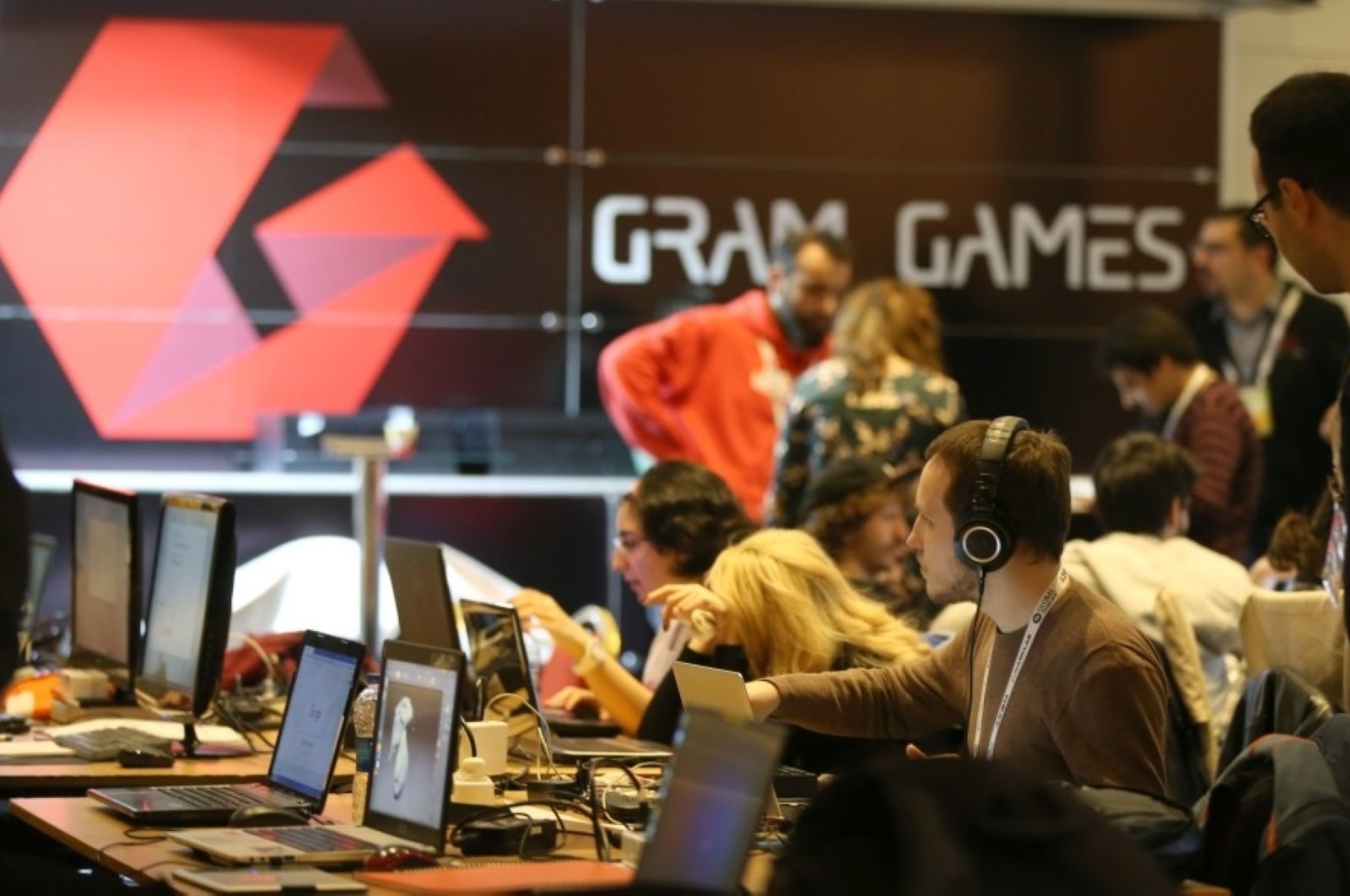Iraq: 25 People Killed In Fallujah Attacks
One hour later, a group of fighters attacked the U.S.-appointed Iraqi Civil Defense Corps (ICDC) in the same town with rocket-propelled grenades and automatic weapons, sparking a fierce gunbattle with policemen, reported Agence France-Presse (AFP).
Raed Hussein, a police official in Fallujah, told AFP that ten policemen and ICDC members were killed as well as nine civilians and four of the attackers.
He identified two of the attackers as Lebanese nationals, adding that a fifth attacker was arrested following the gunbattle, which lasted15 minutes.
"Unknown men fired mortars, explosives and light machine guns from four directions," police officer Earazan Abu Issa told Reuters news agency.
"Their weapons were more powerful than our Kalashnikovs," he said.
This followed deadly attacks on Iraqi police stations and a recruiting army center in addition to a bold one on the life of the Chief of U.S. Central Command, General John Abizaid, who escaped unharmed.
On Thursday, February12 , a convoy carrying Abizaid and Major General Charles Swannack, commander of the82 nd Airborne Division, was targeted with RPGs as it traveled through Fallujah.
The attack is the second against a high ranking U.S. official in Iraq since the U.S.-led war to occupy the country was declared over on May 1 .
U.S. Deputy Secretary of Defense Paul Wolfowitz escaped a rocket attack on his hotel while on a visit to Baghdad last October.
On Wednesday, February11 , a booby-trapped car rammed into a recruiting facility of the U.S.-formed new Iraqi army in Baghdad, killing at least 47 people.
A car bombing in front of a police station in Iskandariya, south of Baghdad, also killed up to 50 people Tuesday, February10 .
The latest in the bloody spate of attacks came as a United Nations top envoy sided with the U.S. Friday, February13 , ruling out call for direct and snap elections and warning of civil war in Iraq.
The United States claims that there is not sufficient time to organize elections before the planned June 30 handover of power.
Washington wants regional caucuses to choose a provisional government that would govern until elections in2005 .
Last month, tens of thousands of Shiites took to the streets to support Shiite authority Grand Ayatollah Ali al-Sistani’s unrelenting call for direct elections.
Before the U.N. fact-finding visit, the U.S.-sanctioned interim Governing Council said the U.N. election advice was non-binding.


